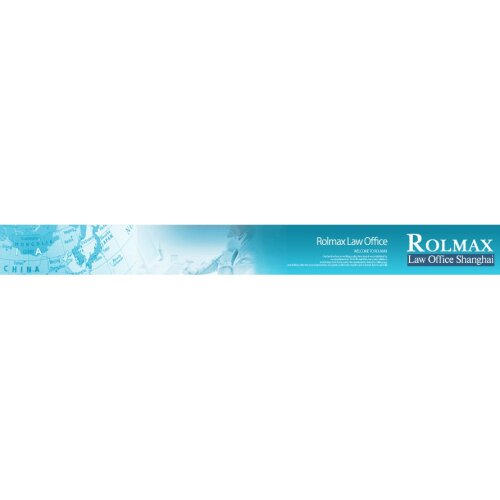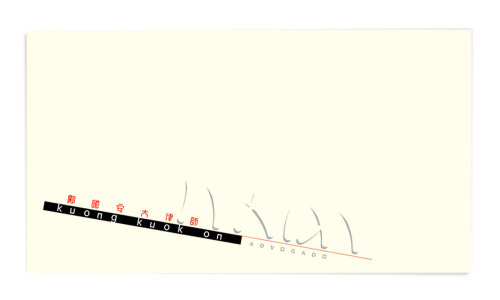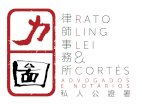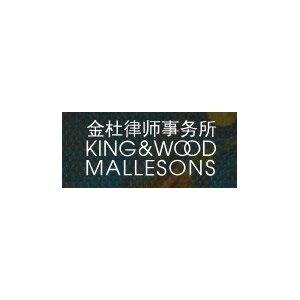Best Property Insurance Lawyers in China
Share your needs with us, get contacted by law firms.
Free. Takes 2 min.
Or refine your search by selecting a city:
List of the best lawyers in China
About Property Insurance Law in China
Property Insurance in China is designed to protect individuals and businesses from financial loss due to damage, theft, or destruction of property. This type of insurance encompasses various forms, including residential, commercial, and industrial property insurance. The regulation of property insurance is overseen by the China Banking and Insurance Regulatory Commission (CBIRC) which ensures that insurance products and providers comply with national laws and standards.
Why You May Need a Lawyer
There are numerous situations in which individuals or businesses may require legal assistance in the realm of property insurance:
- Claim Denials: If your claim is denied, a lawyer can help you understand the reason and challenge the decision if necessary.
- Policy Interpretation: Insurance policies often contain complex language. A lawyer can help interpret terms and conditions.
- Dispute Resolution: Disagreements with insurance companies regarding claims, coverage, or payment amounts may require legal intervention.
- Fraud: Accusations of providing false information or fraudulent claims can lead to severe consequences. Legal advice is crucial in these scenarios.
- Beyond-Scope Issues: Issues arising from events not explicitly covered in the policy may need professional legal interpretation.
Local Laws Overview
Chinese property insurance law is governed by statutes including the Insurance Law of the People's Republic of China, which outlines the rights and responsibilities of both insurers and policyholders. Key aspects include:
- Disclosure Requirements: Policyholders must honestly disclose relevant information during policy procurement.
- Insurable Interest: Insurance contracts require the policyholder to have a vested interest in the property insured.
- Policy Coverage: The scope of coverage and exclusions must be clearly defined in the policy documents.
- Claim Settlement: Insurers must process claims fairly and in a timely manner, with a legal obligation to follow through as per the contract.
- Dispute Mechanisms: The law provides mechanisms for dispute resolution, including litigation and mediation.
Frequently Asked Questions
What types of property insurance are available in China?
In China, property insurance includes options such as homeowners insurance, renters insurance, commercial property insurance, and natural disaster coverage.
How is the premium calculated for property insurance?
Premiums are determined based on factors including property value, location risk, historical claim data, and selected coverage limits.
What is generally not covered by property insurance?
Common exclusions include wear and tear, pre-existing damage, and damage from intentional acts.
How do I file a claim for property insurance in China?
The claims process typically involves notifying your insurer, providing documentation and evidence of loss, and cooperating with any investigations.
What should I do if my claim is denied?
If your claim is denied, review the denial letter and consult with a lawyer to understand your rights and explore challenging the decision.
Can my insurer cancel my policy?
Yes, under certain circumstances such as false information or fraud, after providing due notice to the policyholder as per regulatory guidelines.
Is flood damage covered under standard property insurance policies?
Flood damage may not be included in standard policies and might require additional coverage, specifically for natural disasters.
Can I modify the terms of my property insurance policy?
Policy modifications typically require mutual consent between the insurer and policyholder and are subject to regulatory approval.
What regulatory body oversees property insurance in China?
The China Banking and Insurance Regulatory Commission (CBIRC) is responsible for the regulation of the insurance industry.
How are disputes typically resolved?
Disputes can be resolved through negotiation, mediation, arbitration, or litigation, depending on the policyholder's preference and situation specifics.
Additional Resources
For more information and assistance, consider these resources:
- China Banking and Insurance Regulatory Commission (CBIRC): The main regulatory authority for insurance in China.
- Local Consumer Protection Councils: Provide advice and mediation services for consumer-related disputes.
- Legal Aid Centers: Offer legal support for those unable to afford legal services.
- Insurance Companies: Policyholders can contact their insurers' customer service departments for policy-specific queries.
Next Steps
If you believe you need legal assistance with a property insurance matter, consider the following steps:
- Document the Issue: Keep detailed records of all communications, documents, and insurance policy terms.
- Consult with a Lawyer: Contact an attorney specializing in insurance law to discuss your case and potential legal remedies.
- Research and Explore Options: Utilize additional resources to understand your rights and possible avenues for resolution.
- File a Complaint: If necessary, file a complaint with the CBIRC or other relevant regulatory bodies.
Lawzana helps you find the best lawyers and law firms in China through a curated and pre-screened list of qualified legal professionals. Our platform offers rankings and detailed profiles of attorneys and law firms, allowing you to compare based on practice areas, including Property Insurance, experience, and client feedback.
Each profile includes a description of the firm's areas of practice, client reviews, team members and partners, year of establishment, spoken languages, office locations, contact information, social media presence, and any published articles or resources. Most firms on our platform speak English and are experienced in both local and international legal matters.
Get a quote from top-rated law firms in China — quickly, securely, and without unnecessary hassle.
Disclaimer:
The information provided on this page is for general informational purposes only and does not constitute legal advice. While we strive to ensure the accuracy and relevance of the content, legal information may change over time, and interpretations of the law can vary. You should always consult with a qualified legal professional for advice specific to your situation.
We disclaim all liability for actions taken or not taken based on the content of this page. If you believe any information is incorrect or outdated, please contact us, and we will review and update it where appropriate.
Browse property insurance law firms by city in China
Refine your search by selecting a city.















